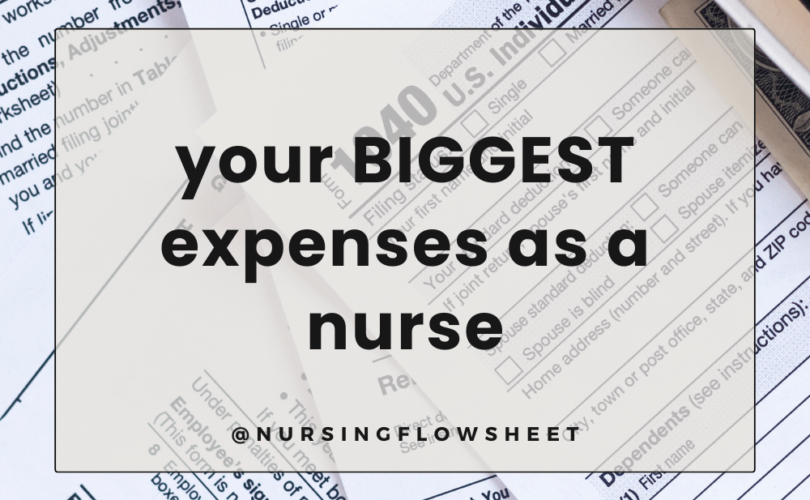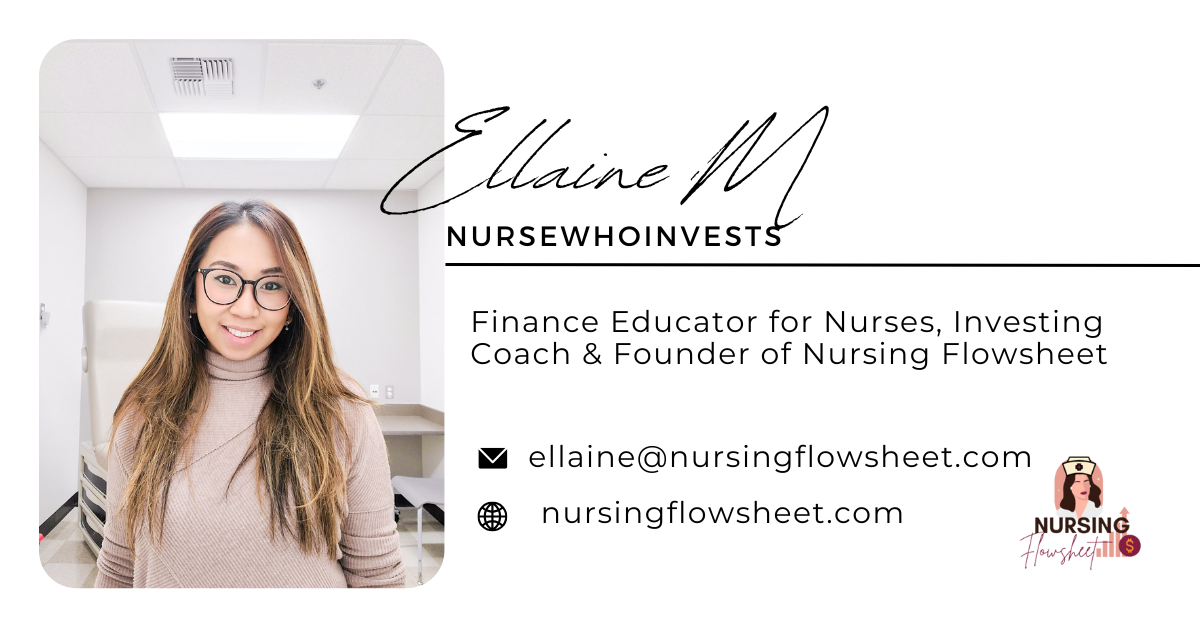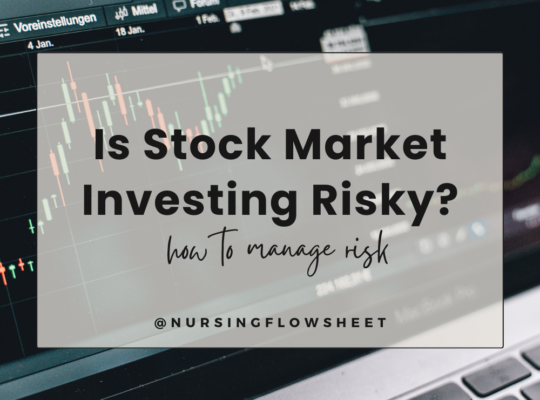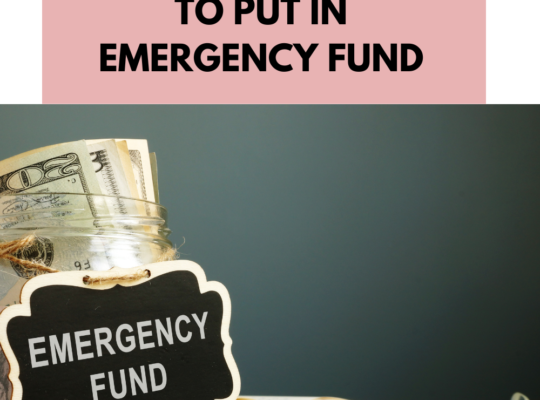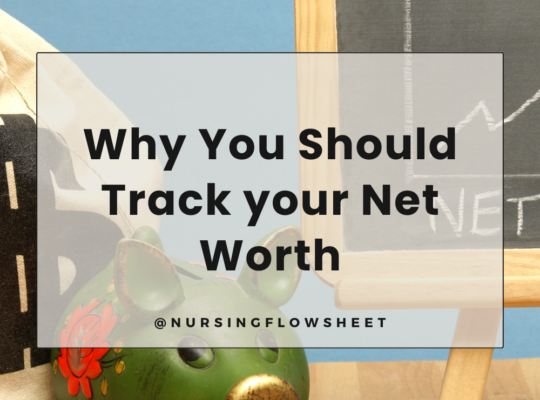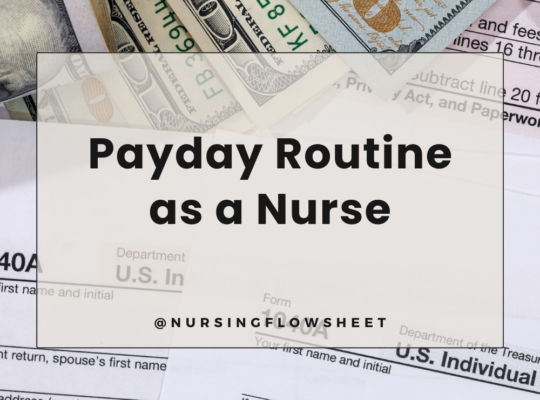You work long hours caring for others, but are you taking care of your own financial health? While you might expect housing, car payments, or student loans to be your largest expenses, the truth is the two biggest costs for most nurses working full time are not any of those bills!
Here’s how these two often overlooked factors can drain your financial resources—and what you can do to minimize their impact.
1. Taxes: The Invisible Drain on Your Paycheck
Taxes are inevitable, but did you know they could be one of your biggest expenses? If you’re not proactive, they could cost you thousands more than necessary every year.
The Problem: Not Knowing How to Optimize Your Tax Situation
Most nurses receive their paycheck, glance at their net income, and think little about the amount of taxes deducted. However, without understanding tax strategies, you might be paying more than your fair share. As healthcare professionals, nurses have unique opportunities to reduce taxable income that often go unnoticed.
For example:
- Tax deductions for continuing education: Nurses often need to maintain certifications or further their education. These costs can be written off if used to maintain or improve skills in your current position.
- Maximizing pre-tax retirement contributions: By contributing to retirement accounts like a 401(k) or 403(b), you reduce your taxable income while saving for the future.
- Side hustles and tax deductions: Nurses who pick up freelance work or start a side business can claim certain expenses like office supplies, travel, or even part of their home if used for business.
Unfortunately, without proper knowledge or guidance, many nurses miss out on these tax-saving opportunities.
READ MORE: Tax Deductions for Nurses in 2024
The Solution: Get Tax-Savvy
Educating yourself on tax strategies can make a significant difference. Consider consulting with a tax professional who specializes in working with healthcare professionals. They can help you uncover deductions and credits that may not be obvious. Additionally, learning about tax-advantaged accounts like Health Savings Accounts (HSAs) and contributing to them can provide triple tax benefits: pre-tax contributions, tax-free growth, and tax-free withdrawals for qualified medical expenses.
2. Ignorance: The Cost of Not Knowing
While taxes can take a chunk of your paycheck, ignorance is even more expensive. Ignorance in this context refers to not knowing how to properly manage your finances, investments, and long-term goals. It’s the money you lose simply because you didn’t know better.
The Problem: Lack of Financial Literacy
Many nurses are so focused on their demanding jobs that they neglect their personal finances. Whether it’s not understanding investment options, delaying retirement planning, or falling prey to high-interest debt, the financial decisions you don’t make—or make without proper knowledge—can cost you dearly in the long run.
For instance:
- High-interest debt: Credit card debt and personal loans with high-interest rates can pile up quickly, especially if you’re only making the minimum payment. Without a plan to pay it off aggressively, you can end up paying far more in interest than the original amount you borrowed.
- Lack of retirement planning: If you’re only contributing the bare minimum to your retirement account or waiting until later in your career to start investing, you’re missing out on the power of compound interest. The earlier you invest, the longer your money has to grow.
- Not diversifying income: Many nurses rely solely on their salary without considering additional income streams, such as investing in stocks, real estate, or side businesses. This limits your financial growth and puts you at greater risk if something happens to your primary source of income.
The Solution: Invest in Financial Literacy
The good news is ignorance can be remedied. By committing to ongoing financial education, you can avoid costly mistakes and set yourself up for long-term success. Here are a few ways to start:
- Seek out financial education resources: Books, podcasts, and online courses tailored to nurses or healthcare professionals can provide the foundational knowledge you need.
- Hire a financial advisor: A certified financial planner (CFP) who understands the unique financial challenges of nurses can help create a comprehensive plan for saving, investing, and preparing for retirement.
- Learn about investments and enroll in my FREE CLASS! Whether it’s understanding the basics of index funds, real estate, or creating a side hustle, taking the time to diversify your income streams can protect your financial future.
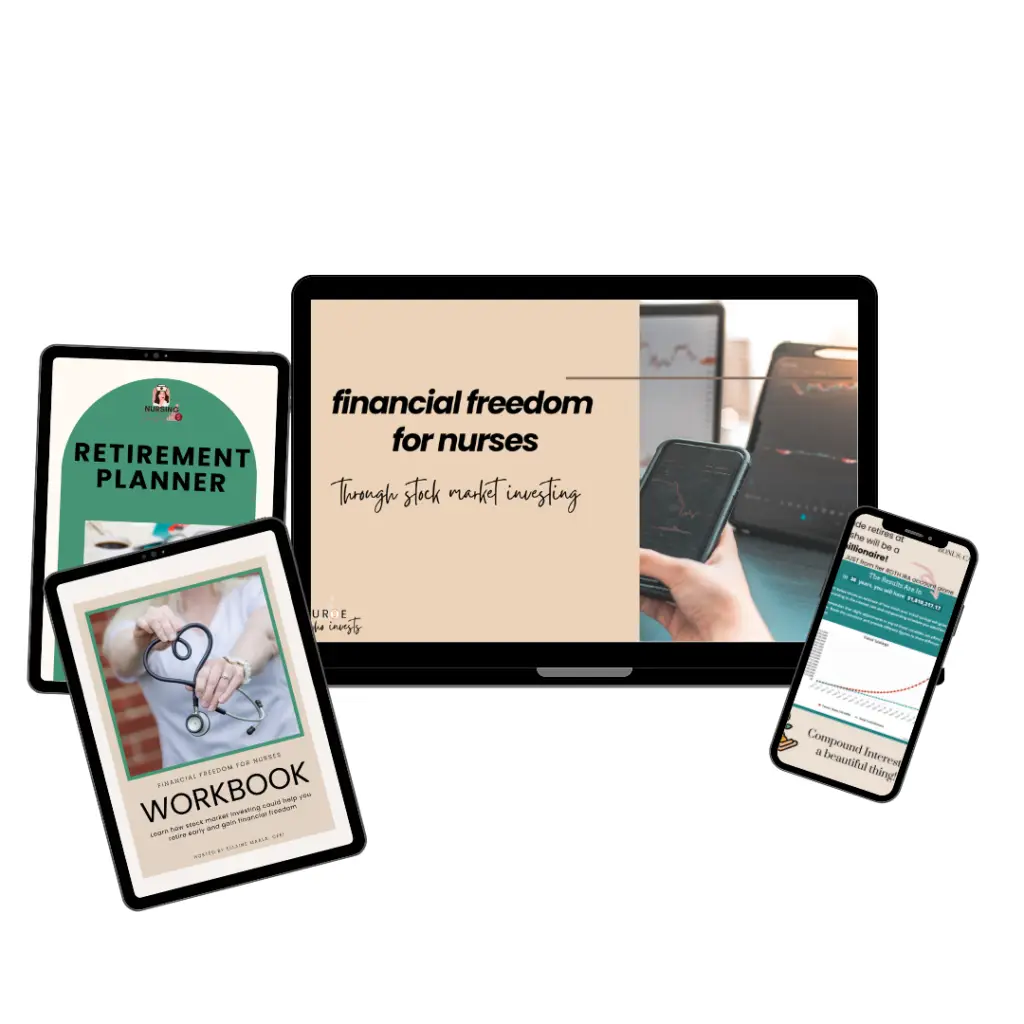
Conclusion: Knowledge Is Power (and Money)
As a nurse, taxes and ignorance could be your two biggest expenses, silently eroding your financial potential. The good news is you can take control of both. By becoming tax-savvy and investing in your financial education, you’ll not only keep more of what you earn but also build the wealth and security you deserve.
Remember, you’ve dedicated your career to taking care of others. Now it’s time to take care of yourself—financially.
Start today by learning one new thing about your taxes or personal finances. A small step today can make a huge difference tomorrow.

